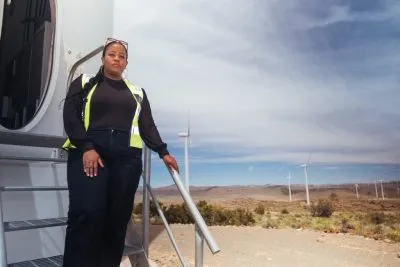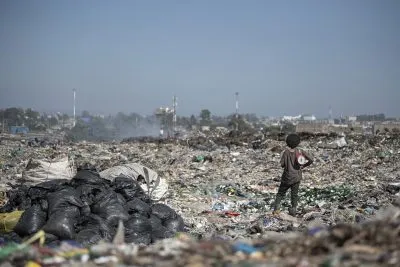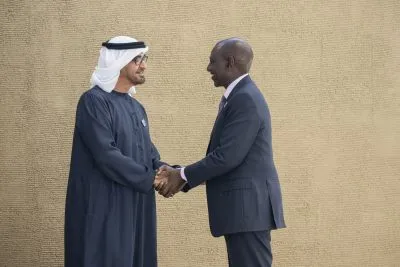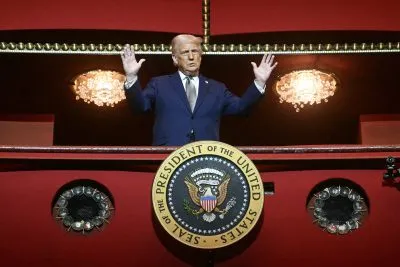But while the rationale behind the plan is sound, several glitches are getting in the way of a comprehensive roll out. For example, access to land is still mired in bureaucratic red tape and issues such as title deeds still need to be ironed out. Nevertheless, says the Minister, auto-construção is a central plank in the government’s ‘one million homes’ project to provide serviced and legalised houses for ordinary Angolans. Microcredit oganisations such as KixiCrédito are already providing essential financing.
To encourage local banks to provide low-cost loans and mitigate risks, the Housing Development Fund provides subsidies to around nine banks involved in the scheme. These are: BPC, BAI, BIC, BFA, Private Atlantico (BPA), International Business Bank (BNI), Trade and Industry (BCI), Sol, and Keve. The fund will provide 80% of the loan to value, and by mid-2013 was offering loans for a select number of government sponsored housing projects in Luanda.
More broadly, the World Bank is providing $1bn in financing to help Angola rebuild infrastructure and develop its agriculture. It is convinced the government has a coherent and practical programme, so will support it financially through the International Bank for Reconstruction and Development. This support could also be used to leverage more financing from the private sector, including pension funds and domestic and overseas banks that want to take part in Angola’s infrastructure projects.
China to the fore
But perhaps the most significant player in Angola’s current construction boom has been China. It has provided an estimated $13.4bn in ‘oil-for-infrastructure’ loans to Angola. As a result, Chinese construction companies are heavily involved in the reconstruction projects.
The most ambitious project carried out by a Chinese company is the $3.5bn Nova Cidade de Kilamba (Kilamba New City), a huge 5,000 hectares development designed to house half a million people and consisting of 750 eight-storey apartment buildings, as well as schools and retail units.
It is situated 30 km south of downtown Luanda and is being built by the China International Trust and Investment Corporation. This development is one of the largest new-build developments on the continent.
Lusophone Brazil has been long involved in Angola’s infrastructure development and is now an important player in the construction landscape. It has recently extended a new credit line worth $2bn towards the energy and construction sectors. This is the sixth credit line from the Latin American country, bringing the total to $7.83bn so far.
Brazil’s giant construction company, Odebrecht is intimately involved in a slew of projects ranging from electricity, agribusiness, water and roads. Odebrecht has been involved in Angola since 1984 when it won a contract to build the Capanda hydroelectric dam on the Kwanza river, 360 km from the capital. However, the civil war interrupted the completion of the project and the dam only started generating electricity in 2004. The company is currently Angola’s biggest private employer.
Construction companies from Angola’s former colonial power, Portugal, are also
active in the country. Somague, for example, has been involved in the construction of the Luanda International Airport, hospitals, a university campus and several war-damaged primary schools. It is now concentrating on transportation, energy and public health projects.
Another Portuguese company, Acail Angola has built bridges, hospitals, shops, homes, the new National Assembly building, and various electrification projects.
Interesting, the US Export-Import Bank drove a hefty wedge in what is considered a Lusophone ‘monopoly’ when it financed Angola to the tune of $1bn to purchase railway and energy equipment from General Electric.
Perhaps the most spectacular project currently in the works is the $7bn up-market hotel, restaurant, entertainment and hospitality complex around the Luanda Bay. It is being developed by Baía de Luanda SA, whose shareholders include Angola’s state oil company Sonangol and billionaire businesswoman, Isabel dos Santos.
As Minister of Urbanism and Habitat José António Maria da Conceição Silva pointed out, one of the advantages of having to reconstruct from scratch is that the only limitation to what can be done is that of one’s imagination. Angola has set out not only to build a new country, it wants to build a great, modern global country.
*Angola will host the 2nd Africa Urban Infrastructure Investment Forum in Luanda from 19th – 20th January 2015.
Want to continue reading? Subscribe today.
You've read all your free articles for this month! Subscribe now to enjoy full access to our content.
Digital Monthly
£8.00 / month
Receive full unlimited access to our articles, opinions, podcasts and more.
Digital Yearly
£70.00 / year
Our best value offer - save £26 and gain access to all of our digital content for an entire year!

 Sign in with Google
Sign in with Google 





